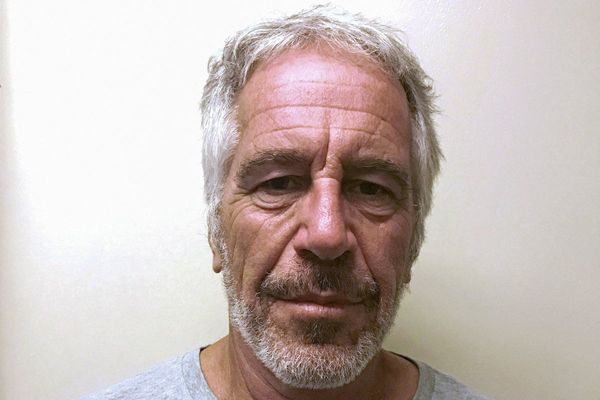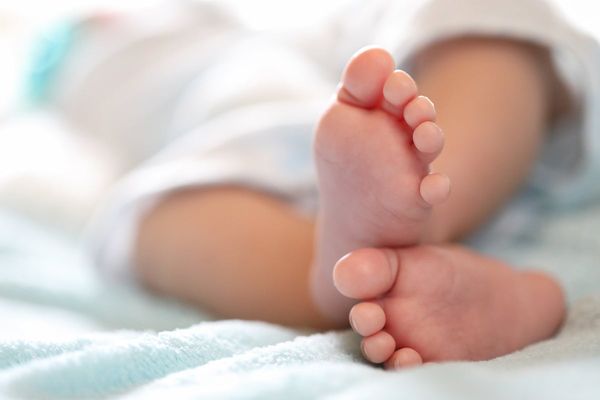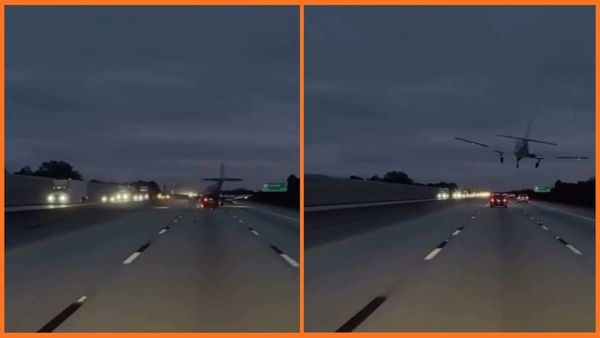President Joe Biden has said the US would intervene militarily if China were to invade Taiwan, in one of the most forceful and overt statements in support of Taiwan in decades.
Mr Biden made the comment on Monday during his first visit to Japan since taking office, and as Japanese Prime Minister Fumio Kishida looked on.
He said the burden to protect the self-ruled island was "even stronger" after Russia's invasion of Ukraine.
When asked by a reporter in Tokyo if the United States would defend Taiwan if it were attacked by China, the President answered: "Yes."
"That's the commitment we made," he said.
"We agree with a one-China policy. We've signed on to it and all the intended agreements made from there.
"But the idea that, that it can be taken by force, just taken by force, is just not, is just not appropriate."
He added that it was his expectation that such an event would not happen or be attempted.
He said it would "dislocate the entire region and be another action similar to what happened in Ukraine".
Mr Biden's comment appeared to be a departure from existing US policy of so-called strategic ambiguity on Taiwan.
However, a White House official was quick to say after Mr Biden made the remarks that there had been no change in US policy toward Taiwan.
"As the President said, our policy has not changed," said the White House official, who declined to be named.
"He reiterated our One China Policy and our commitment to peace and stability across the Taiwan Strait.
"He also reiterated our commitment under the Taiwan Relations Act to provide Taiwan with the military means to defend itself."
Under the "One China" policy, the US recognises Beijing as the government of China and doesn't have diplomatic relations with Taiwan.
However, it maintains unofficial contacts with Taiwan, including a de facto embassy in Taipei, the capital. The US also supplies military equipment for the island's defence.
The President's national security aides shifted in their seats and tilted their heads, studying Mr Biden closely as he responded to the question on Taiwan.
Several looked down as he made what appeared to be an unambiguous commitment to Taiwan's defence.
Mr Biden made a similar comment about defending Taiwan in October.
At that time, a White House spokesperson said Mr Biden was not announcing any change in US policy and one analyst referred to the comment as a "gaffe".
The United States has long agreed that there is one China, including Taiwan, but it has adopted its "strategic ambiguity" on the question of whether it would get involved in military conflict over the island.
The remarks came as Mr Biden made tough comments about China's increasingly assertive posture in the region, saying he hoped Russian President Vladimir Putin would pay a price for his invasion of Ukraine in part to show China what it would face if it were to invade Taiwan.
The comments are likely to both infuriate Beijing and overshadow the centrepiece of Mr Biden's Japan visit, the launch of an Indo-Pacific Economic Framework, a broad plan providing an economic pillar for US engagement with Asia.
His trip includes meetings with the leaders of Japan, India and Australia, in the "Quad" group of countries.
'Strong Japan'
Mr Kishida emphasised Tokyo's readiness to take a more robust defence posture, something the United States has long welcomed.
He said that he told Mr Biden that Japan would consider various options to boost its defence capabilities, including the ability to retaliate, signalling a potential shift in Japan's defence policy.
That would include a "considerable increase" in its defence budget, Mr Kishida said.
"A strong Japan, and a strong US-Japan alliance, is a force for good in the region," Mr Biden said at the news conference following their discussions.
Mr Kishida said that he had gained support from Mr Biden on Japan's becoming a permanent member of the UN Security Council amid growing calls for reform of the council. China and Russia are permanent members.
AP/Reuters







